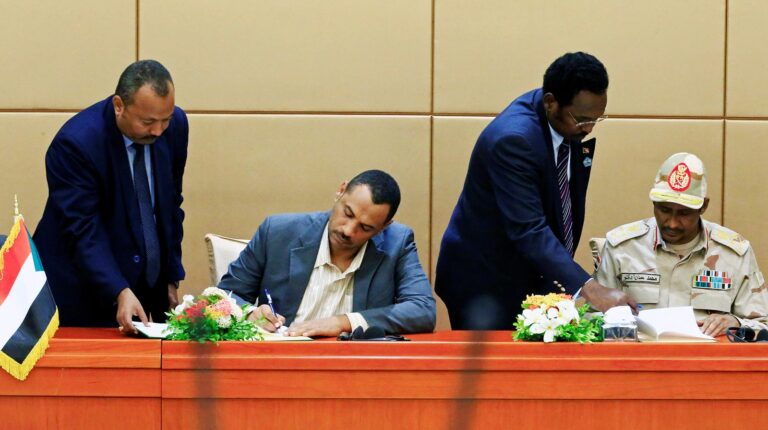The electoral process in Sudan has gone through many changes due to its complex political history—including military coups, authoritarian regimes, revolutions, and transitional governments. Here’s a breakdown of how the electoral system has worked, and where it currently stands:
1. Historical Context
- Sudan gained independence in 1956.
- Since then, it has oscillated between democratic governments and military rule.
- The most recent military coup was in October 2021, which interrupted the democratic transition that followed the 2019 revolution (which overthrew Omar al-Bashir).
2. Election Bodies
- National Elections Commission (NEC): Previously responsible for organizing elections.
- A new independent electoral commission was planned under the 2019 Constitutional Declaration, but it has faced delays due to political instability.
3. Voting System (When Functional)
When elections have been held, the system generally included:
- Presidential Elections: Popular vote (majority required).
- Parliamentary Elections:
- Members elected via first-past-the-post and proportional representation.
- Includes representation for women and minority groups.
- State and Local Elections: Governors and assemblies elected separately in each state.
4. Transition Period (Post-2019)
After Bashir was overthrown in 2019:
- A civilian-military transitional government was formed.
- Elections were planned for 2022, then postponed due to instability.
- The 2021 coup disrupted the process, sparking mass protests and a renewed push for democratic elections.
5. Future Elections?
- As of 2025, Sudan has not held national elections since 2015.
- International organizations and African Union members continue to pressure for civilian rule and credible elections.
- A peace deal signed in 2020 (Juba Agreement) promised elections within 39 months, but that timeline has been derailed.
Summary
| Aspect | Status |
|---|---|
| Free & Fair Elections | No (last known were widely disputed) |
| Electoral Commission | Planned, not yet fully implemented |
| Voter Participation | Historically high, but now limited due to unrest |
| Political Stability | Fragile — democracy remains a work in progress |



